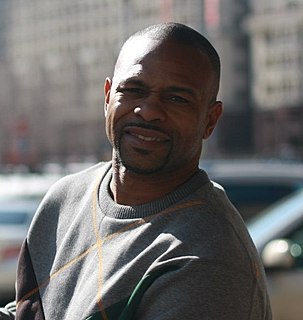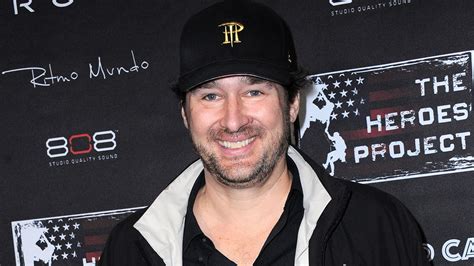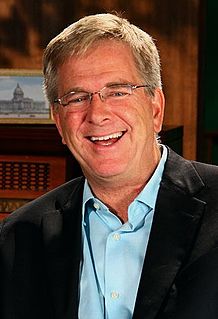A Quote by Michael S. Heiser
If you don't have the worldview of the people who produced the Bible - under inspiration no less, - you can't understand what they were trying to communicate in many respects. Biblical people weren't modern people. That's self-evident no matter how much we try to deny it.
Related Quotes
We, including many Christians, read the Bible through "eyes" conditioned by, and even accommodated to, modern Western culture plus the influences of messages and ideas from other cultures that are alien to the worldview of the biblical writers. Therefore, in order fully to understand the Bible and allow the Bible to absorb the world (rather than the world - culture - absorb the Bible) we must practice an "archaeology" of the biblical writers' implicit, assumed view of reality.
I never was a person that wanted that life...I'm a leader not a follower. I don't care what they say, or what they're doing or what they're wearing. Go ahead, cos come Judgement Day, all of that won't matter. How many people did you help. How many people did you talk to. How many people did you try to encourage. How many people did you bring to God. That's what's gon' matter.
What I mean by context is worldview - having the ancient Israelite or first-century Jew in your head as you read. How would an ancient Israelite or first-century Jew read the Bible - what would they be thinking in terms of its meaning? The truth is that if we put one of those people into a small group Bible study and asked them what they thought about a given passage meant, their answer would be quite a bit different in many cases than anything the average Christian would think. They belonged to the world that produced the Bible, which is the context the Bible needs to be understood by.
If everything I did failed - which it doesn't, it actually succeeds - just the fact that I'm willing to fail is an inspiration. People are so scared to lose that they don't even try. Like, one thing people can't say is that I'm not trying, and not I'm not trying my hardest, and I'm not trying to do the best way I know how.
It's important for people in the Church to realize that the way they talk and think about the Bible isn't the way Bible scholars talk and think about it - and I'm including "Bible-believing" scholars there. There is a wide gap between the work of biblical scholars, whose business it is to read the text of the Bible in its own worldview context, and what you hear in church.
I'm fascinated by what makes up a self, how one becomes a self, how much is it an answer to others and how much is it an essence of self. We learn how to be people from other people. Then you think - what's personal freedom? Is self-creation possible? This book is dedicated to a friend of mine who really did re-create herself. I didn't do that - I stayed in the circus and am a circus performer like my parents were. I did what I was raised to do - I'm glad I did but I'm fascinated by the people who managed to do something else. I was always very curious about other people.
We made a mistake. What we should have done when people crossed the line of faith and become Christians, we should have started telling people and teaching people that they have to take responsibility to become 'self feeders.' We should have gotten people, taught people, how to read their bible between service, how to do the spiritual practices much more aggressively on their own.
Do you think the people who were trying to reach to the Everest were not full of doubts? For a hundred years, how many people tried and how many people lost their lives? Do you know how many people never came back? But, still, people come from all over the world, risking, knowing they may never return. For them it is worth it - because in the very risk something is born inside of them: the center. It is born only in the risk. That's the beauty of risk, the gift of risk.
I think people talk too much; that's the truth of the matter. I do. I don't believe in words. People use too many words and usually wrongly. I am sure that in the distant future people will talk much less and in a more essential way. If people talk a lot less, they will be happier. Don't ask me why.
How many of you guys, in your own experience with women, have learned that "no" means "yes" if you know how to spot it? Let me tell you something. In this modern world, that is simply not tolerated. People aren't even gonna try to understand that one. I mean, it used to be said it was a cliche. It used to be part of the advice young boys were given.






























